Category: Legal Parlance
-

Enhancing The Participation Of Women In The Evolving Creative And Innovative Sectors: The Role Of Intellectual Property Empirical Research has substantiated the claim that women are starkly underrepresented in the field of innovation compared to men. Research shows that less than 10% of patent applications are held by women. A survey published by the European…
-
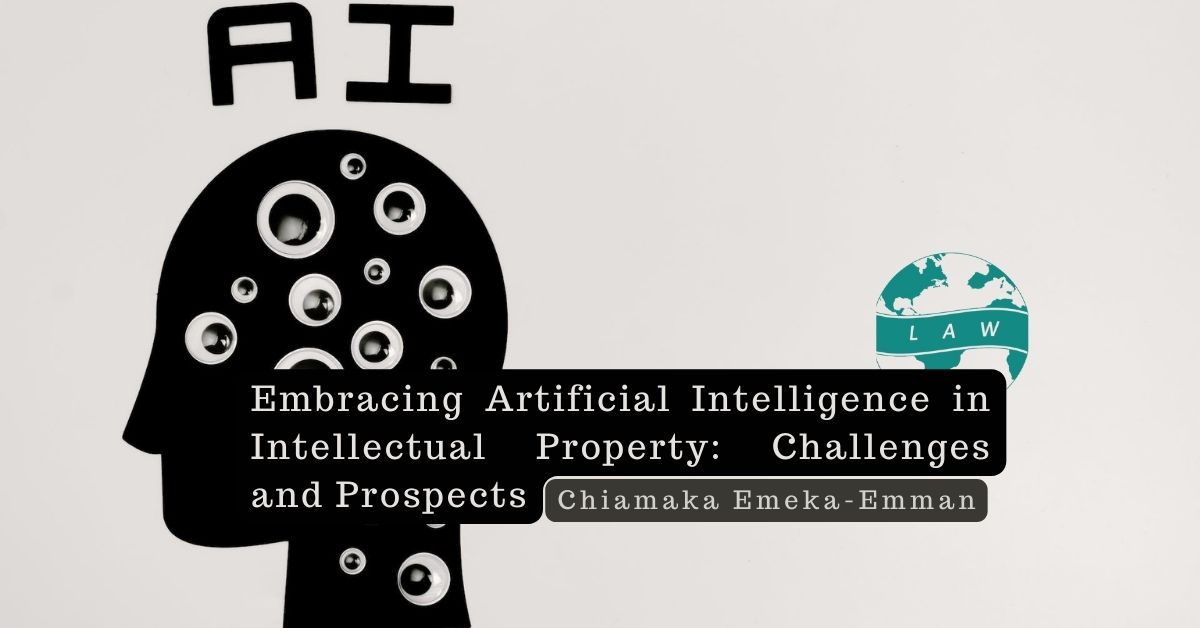
Embracing Artificial Intelligence in Intellectual Property: Challenges and Prospects ABSTRACT The constantly changing world of technology has brought Artificial Intelligence (AI) to the forefront, transforming industries and society as a whole. As AI progresses, its impact on intellectual property (IP) is becoming more significant. AI has become a powerful tool for innovation, significantly simplifying the…
-
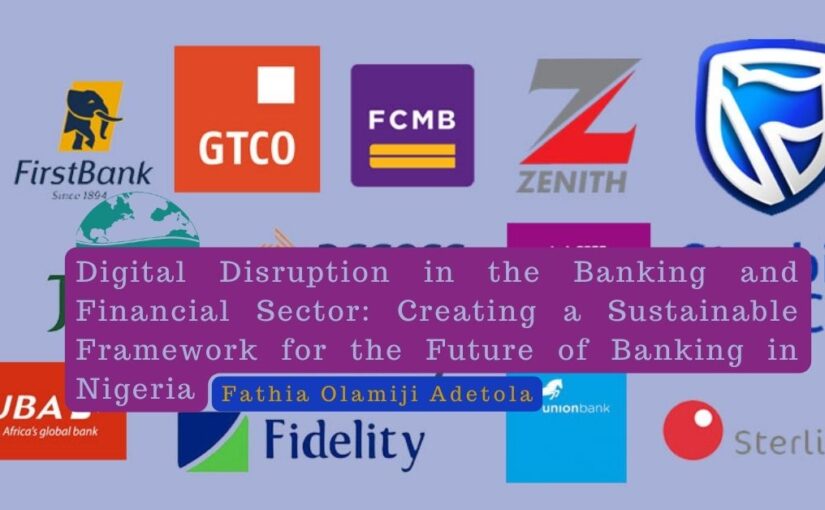
Digital Disruption in the Banking and Financial Sector: Creating a Sustainable Framework for the Future of Banking in Nigeria INTRODUCTION In August 2023, Akeem Lawal, the Managing Director of Payment Processing & Switching at Interswitch Purepay, reported an astounding 86% growth within the span of the last six months, underscoring the sector’s expanding influence within…
-
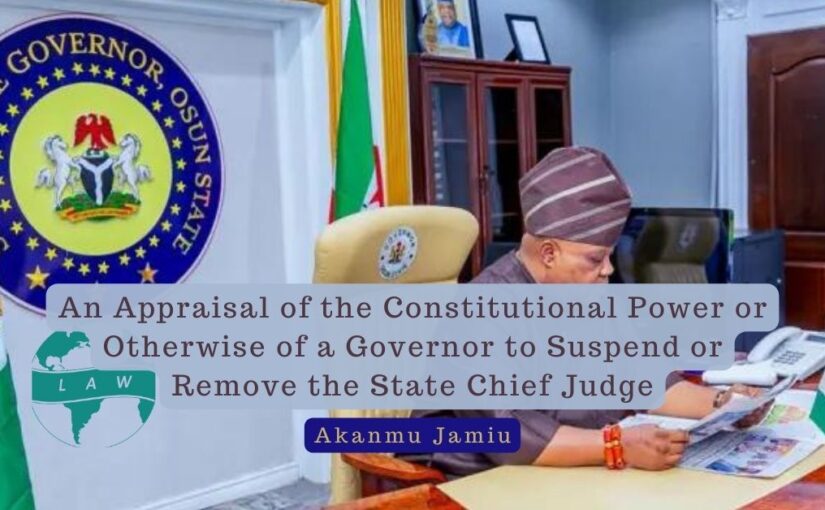
An Appraisal of the Constitutional Power or Otherwise of a Governor to Suspend or Remove the State Chief Judge Introduction The removal of judicial officers from office over misconduct by the executive is not new, and there are myriad precedents at both the federal and state levels. Sometimes around January 2019, the formal President Muhammadu…
-
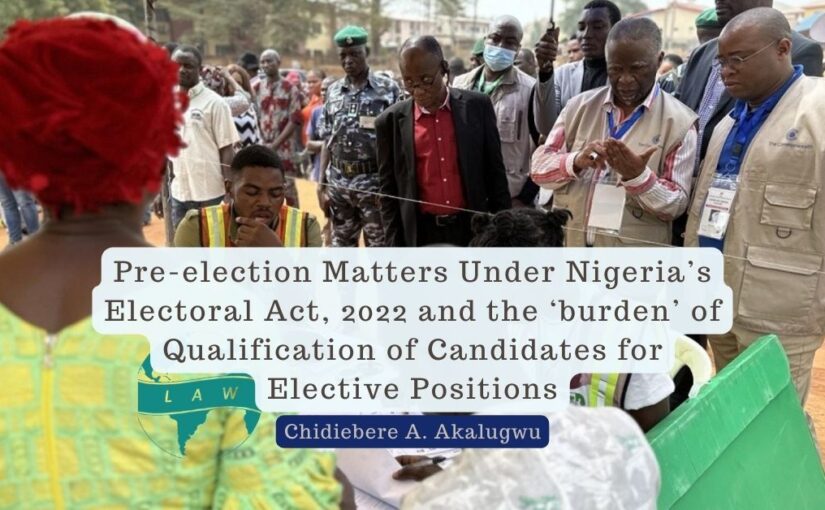
Pre-election Matters Under Nigeria’s Electoral Act, 2022 and the ‘burden’ of Qualification of Candidates for Elective Positions Abstract Pre-election matter from its name are cases whose cause of action arise prior to the main election of candidates who occupy public office. They are litigated in the regular courts particularly the Federal High Court being court…
-
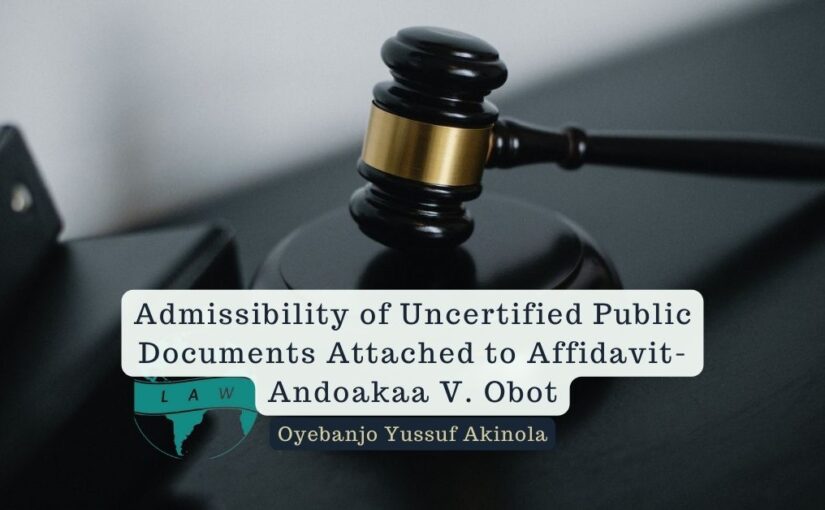
Admissibility of Uncertified Public Documents Attached to Affidavit- a Look at the Supreme Court’s Decision in Andoakaa V. Obot ABSTRACT This paper critically examines the inconsistent and/discordant tone of the Courts, particularly the Court of Appeal towards the admissibility of secondary evidence of public documents prior to the decision of the Supreme Court decision in…
-
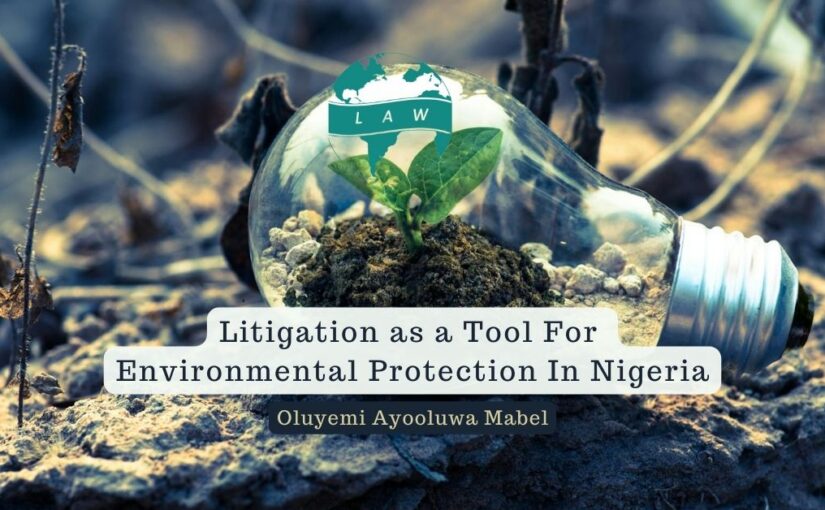
Litigation as a Tool for Environmental Protection in Nigeria Environmental Litigation as a Tool for Environmental protection is very important in Nigeria, as it serves as a means whereby Nigeria’s Environmental is being managed and protected for the well being of the citizens. Abstract Nigeria is currently facing many environmental challenges and is even vulnerable to the effects of climate change due to its geographical local, and anthropogenic activities.…
-
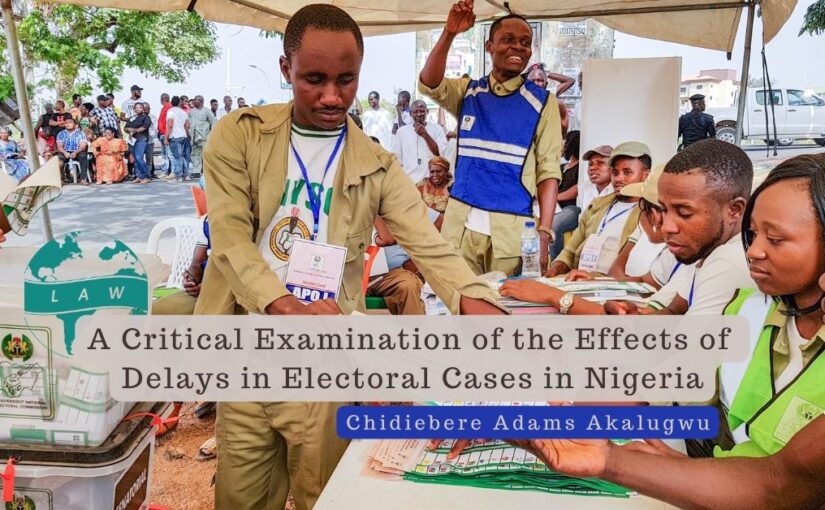
A Critical Examination of the Effects of Delays in Electoral Cases in Nigeria ABSTRACT Delays in the determination of political and electoral cases in Nigeria has been the bane to her political development since the second republic. Electoral cases by their nature are sui generis, and thus ought to be decided timeously hence, protracted cases…
-

An Analysis of the Conflict in Ukraine From an International Humanitarian Law Perspective ABSTRACT The conflict in Ukraine has been raging for more than a year now, and it has resulted in deaths and injuries of thousands, destruction of critical infrastructure, and the halting fundamental services in Ukraine. It shall, therefore, be this paper’s object…
-
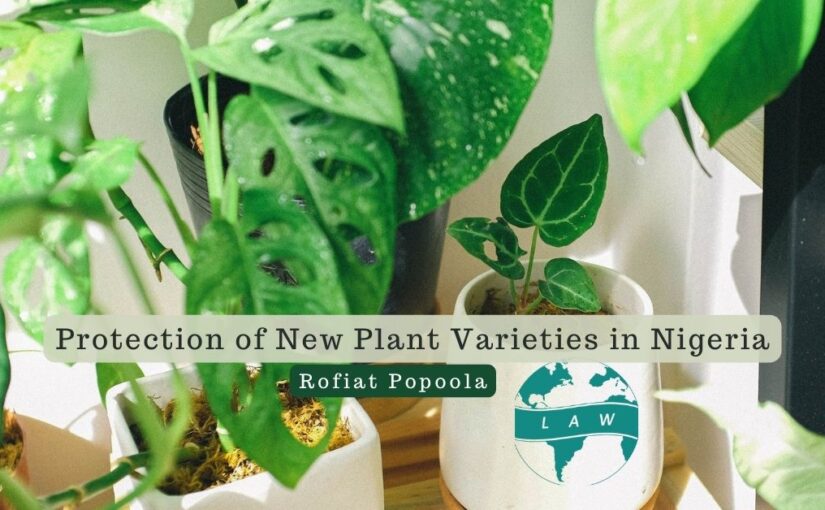
Protection of New Plant Varieties in Nigeria In order to fully understand the protection of plant varieties, it is expedient to explore the nature of new plant varieties and the concept of plant breeders’ rights. Generally, new plant varieties refer to novel group of plants, selected from within a species, with a common set of…
